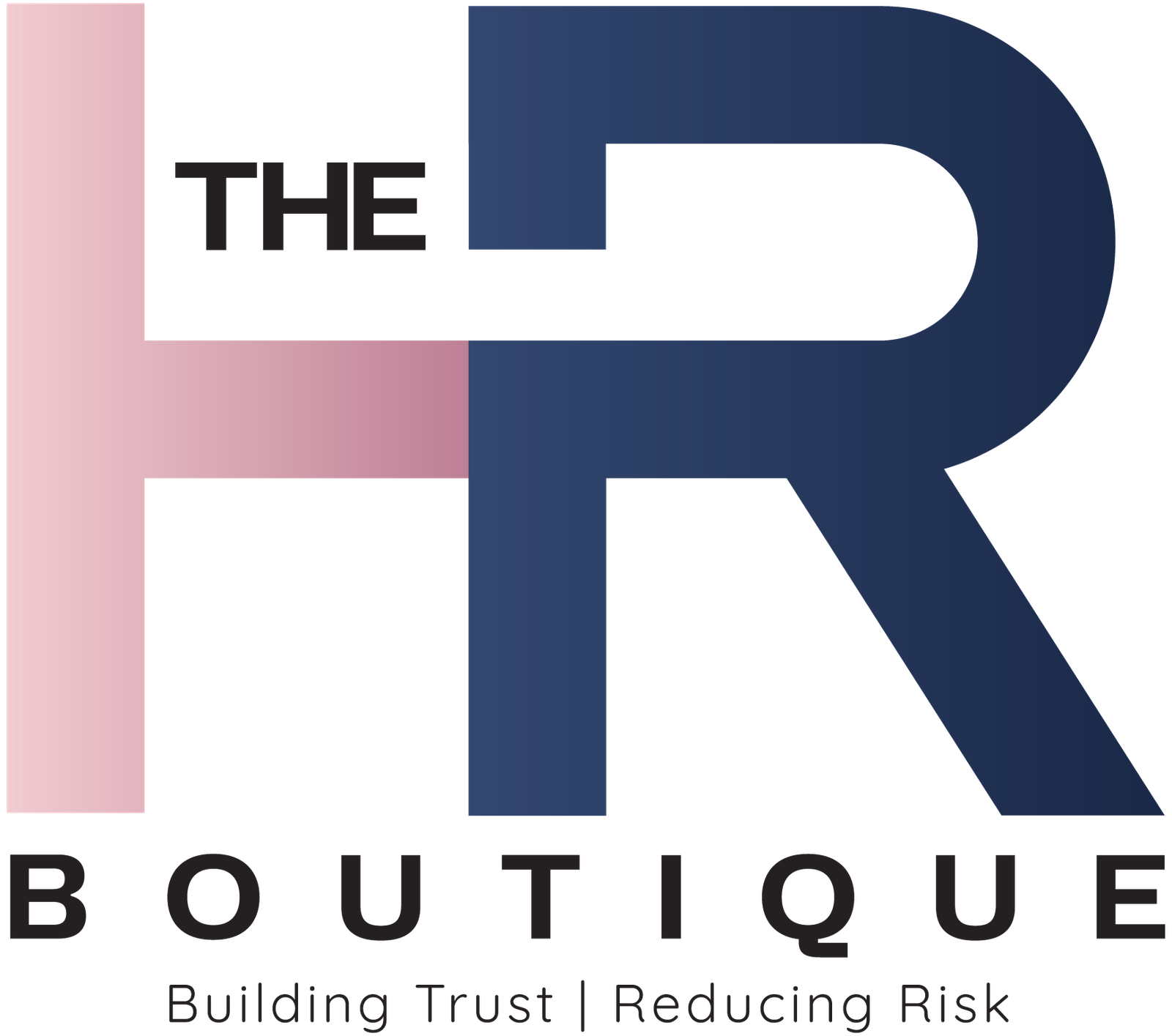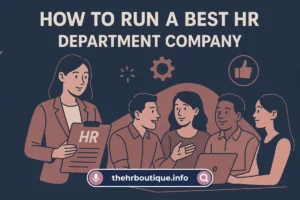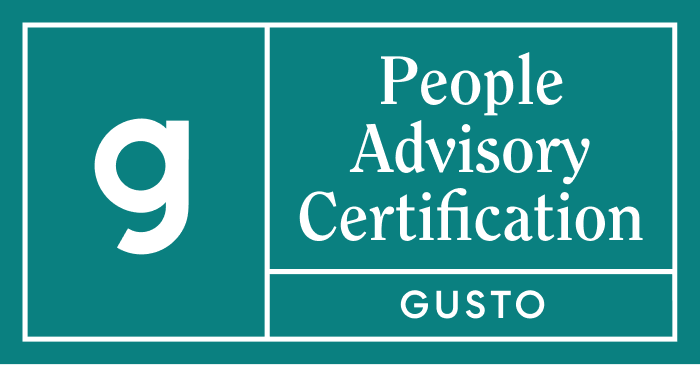Let me tell you a story about my friend Sarah. She runs a thriving marketing agency with 15 employees. Last year, she got hit with a $25,000 fine because she didn’t realize her state had changed its sick leave policy. That’s right – twenty-five grand down the drain because of paperwork. That’s when she called me in a panic asking, “How did I not know about this?”
That’s exactly why we’re talking about HR compliance audits today. I’m not some AI spitting out generic advice – I’m a real person who’s helped dozens of businesses avoid these exact nightmares. Grab a coffee, and let’s have a real talk about protecting your business.
What the Heck is an HR Compliance Audit?
Imagine you’re driving a car. You know you should get oil changes, but you’ve been busy. Then one day – BAM – your engine seizes up on the highway. An HR audit is like getting that oil change before disaster strikes.
It’s basically a top-to-bottom checkup of your HR practices to make sure:
- You’re not accidentally breaking any employment laws.
- Your paperwork is actually in order (not just stuffed in a drawer).
- You’re treating employees fairly (and legally).
I recently worked with a restaurant owner who thought he was doing everything right. During his audit, we discovered he’d been classifying dishwashers as “managers” to avoid paying overtime. That little “shortcut” could’ve cost him $100k in back wages if we hadn’t caught it.
Why This Matters Way More Than You Think?
Here’s the hard truth I tell all my clients: The government doesn’t care if you “didn’t know” the rules. Ignorance isn’t a defense when the labor department comes knocking.
Real Consequences I’ve Seen:
- A construction company fined $18,000 for not having proper OSHA safety meeting records.
- A tech startup sued because their “casual” interview process included illegal questions about family plans.
- A retail store paying $45,000 in back wages after misclassifying full-time workers as independent contractors.
The scariest part? Most of these businesses had no idea they were doing anything wrong until it was too late.
How to Actually Do This? (Without Losing Your Mind)
Now, I’m not going to sugarcoat this – compliance work is boring as hell. But here’s how I break it down for clients to make it manageable:
Step 1: The Paperwork Purge (Where Most People Screw Up)
Grab these 5 critical items first:
- Employee files (especially I-9s – these are audit magnets).
- Timekeeping records (yes, even for salaried staff).
- Your employee handbook (when was it last updated?).
- Safety training logs.
- Recent job postings (you’d be shocked what gets companies in trouble).
Pro tip: Set up a Google Alert for “[your state] employment law changes” – it’s saved several of my clients from nasty surprises.
Step 2: The “Oh Crap” Checklist
Here are the top 3 violations I see constantly:
- Misclassified employees – That “contractor” who works 9-5 in your office? Probably actually an employee.
- Messed up overtime – Salary doesn’t always mean exempt from overtime.
- Outdated harassment policies – #MeToo changed everything – is your policy from 2015?
Step 3: Fix It Before It Explodes
Found problems? Don’t panic. Here’s what to do:
- For payroll errors: Calculate what’s owed and pay it now (with documentation).
- For missing paperwork: Get it filled out ASAP (better late than never).
- For policy gaps: Update your handbook and train your team.
When to Call in the Pros (And When You Can DIY)
Look, I get it – you’re busy running a business. Here’s my honest advice:
Do it yourself if:
- You have under 10 employees.
- You’re in a relatively simple industry.
- You actually enjoy reading government websites (weirdo).
Hire help if:
- You’ve had rapid growth.
- You’re in a heavily regulated industry (healthcare, construction, etc.).
- The thought of reading labor laws makes you want to cry.
Fun fact: Most of my audit clients come to me after nearly getting sued, not before. Don’t be that person.
The Bottom Line
Here’s what I want you to remember: HR compliance isn’t about being perfect – it’s about being proactive. The small business owners who survive are the ones who do these checkups before problems arise.
So ask yourself right now: When was the last time you really looked at your HR practices? If it’s been more than a year (or never), block off two hours this week to start. Future-you will be so grateful.
And if you get stuck? Shoot me an email – I answer every one personally (yes, really). Because at the end of the day, we’re all just trying to run our businesses without getting sued into oblivion.





